Eco-friendly living is marketed as the panacea for our environmental woes. However, not all “green” practices are as beneficial or cost-effective as they seem. Here’s a hyper-critical look at 20 controversial eco-myths that might actually be draining your wallet.
1. Organic Foods Are Always Better for You

Image Credit: Shutterstock / Jacob Lund
The premium price of organic foods is steep, and while they limit exposure to pesticides, they don’t always offer additional nutritional benefits over conventional foods.
2. Electric Vehicles Are Zero-Emission
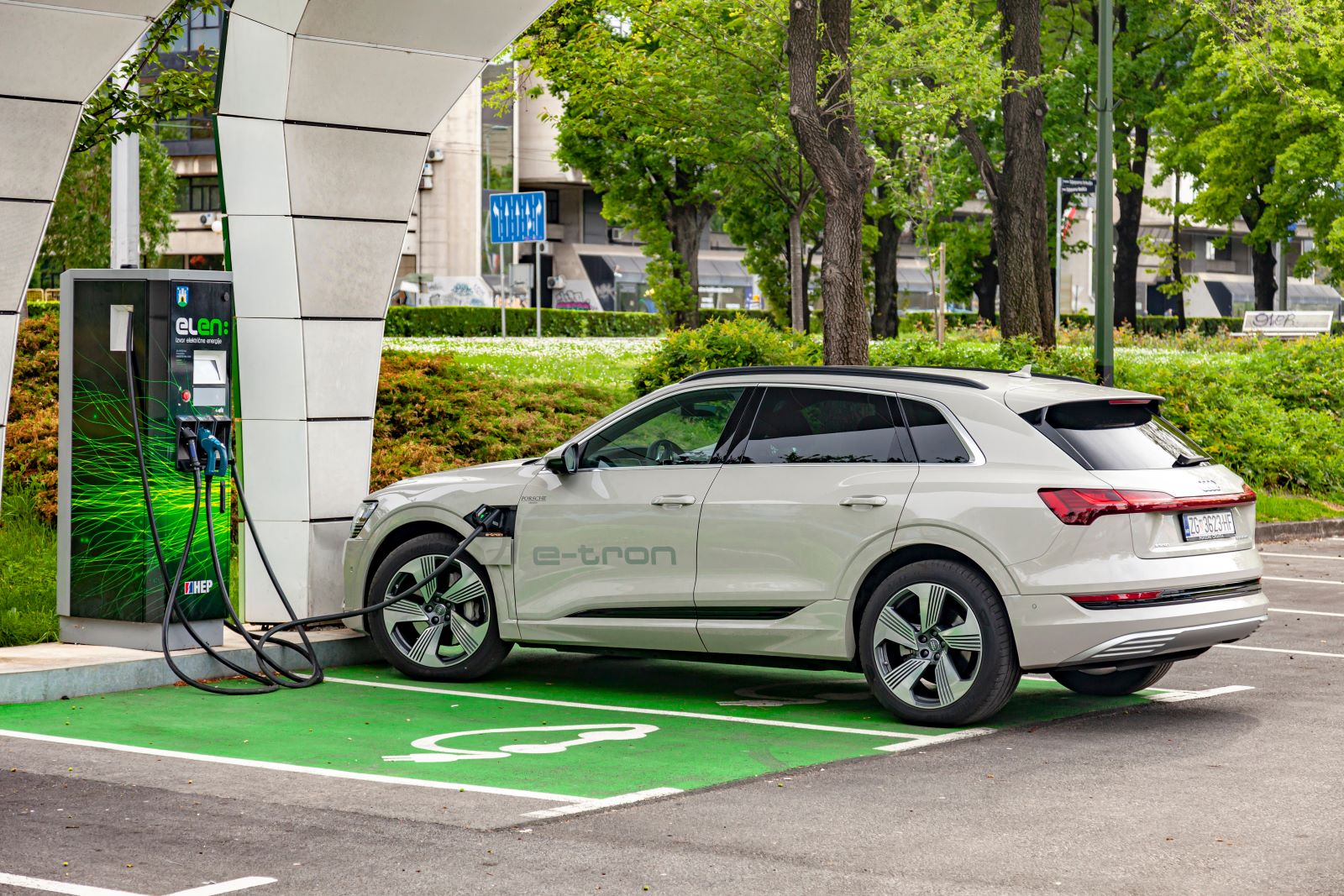
Image Credit: Shutterstock / supergenijalac
While EVs don’t emit exhaust, the production and disposal of their batteries present significant environmental concerns, not to mention the often coal-powered electricity they run on.
3. Bottled Water Is Safer Than Tap Water
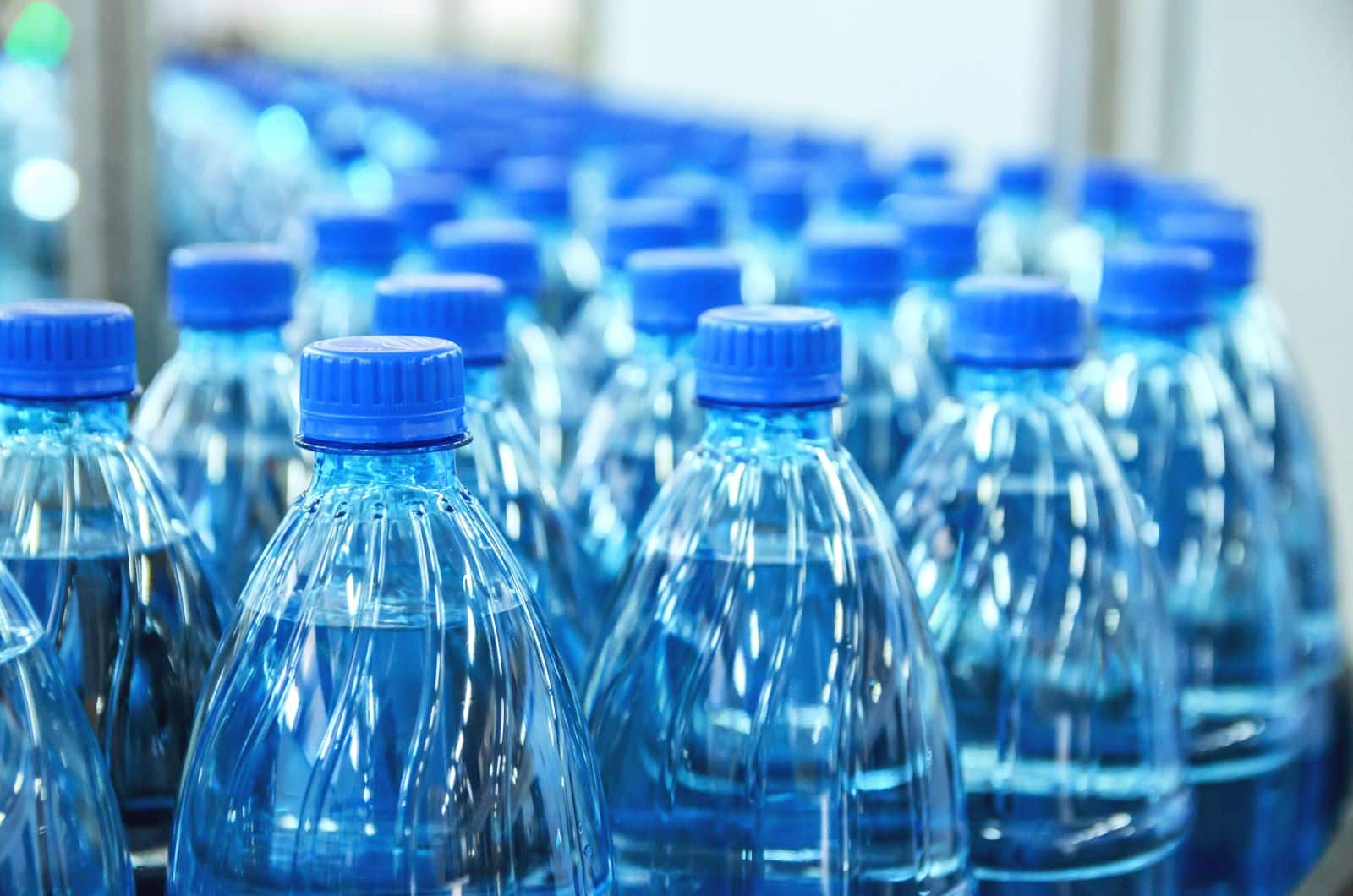
Image Credit: Shutterstock / yanik88
In most areas, tap water is just as safe as bottled water. The price markup on bottled water is astronomical, and it generates immense plastic waste.
4. Paper Bags Are Better Than Plastic

Image Credit: Shutterstock / RossHelen
Paper bags require more energy and water to produce and aren’t necessarily better for the environment when you consider their entire lifecycle.
5. Biodegradable Products Break Down Quickly

Image Credit: Shutterstock / lomiso
Many products labeled “biodegradable” only break down under specific conditions that often don’t occur in landfills, misleading consumers about their environmental impact.
6. Recycling Is Always Cost-Effective
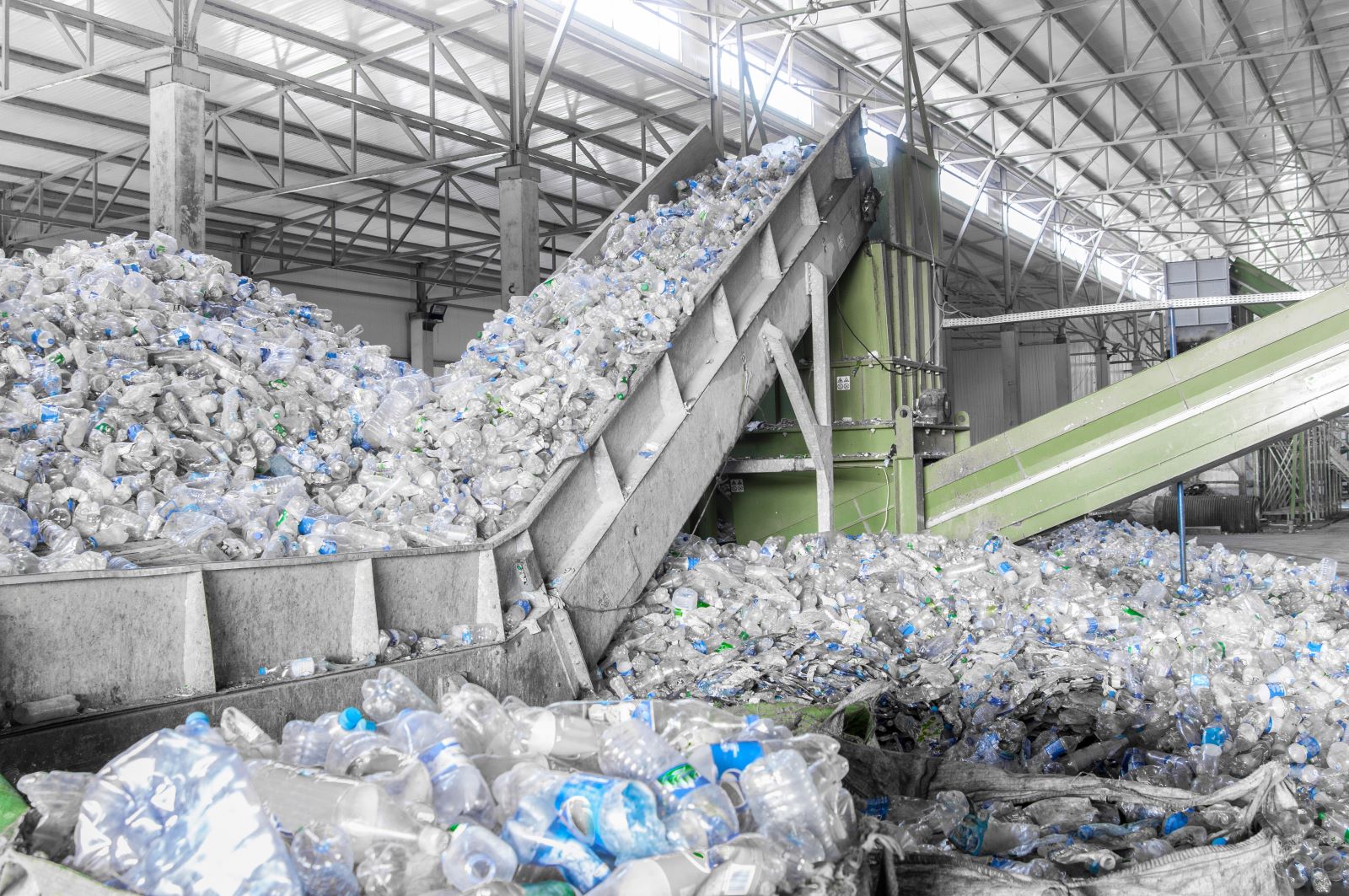
Image Credit: Shutterstock / Alba_alioth
The economics of recycling can be unfavorable. Processing and reusing materials often consume more resources and energy than it saves, particularly with plastics.
7. Energy-Efficient Appliances Always Save Money
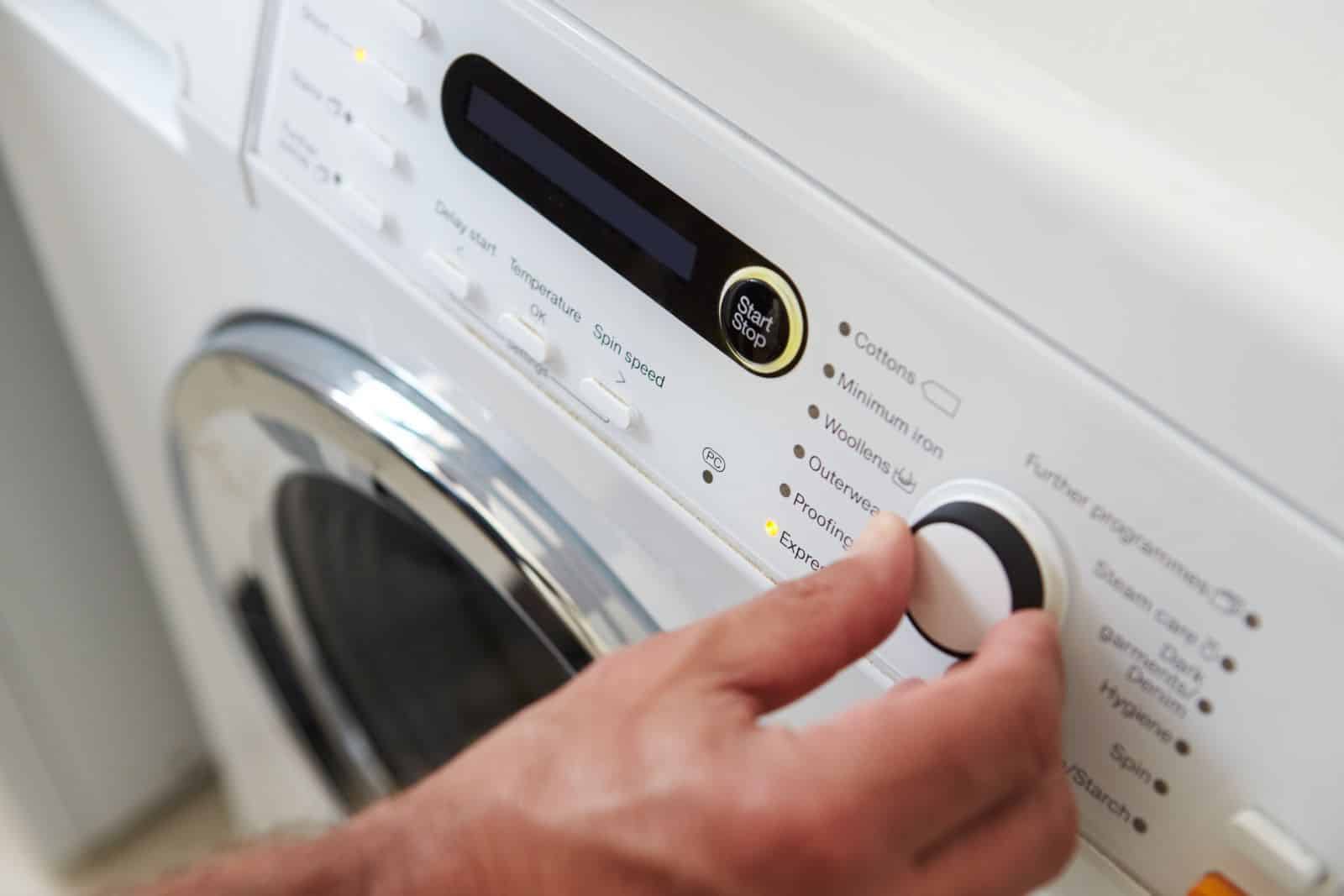
Image Credit: Shutterstock / Monkey Business Images
The upfront costs of energy-efficient appliances can be significantly higher, and it may take years to recoup the costs through lower utility bills, if ever.
8. You Must Use Special Eco-Friendly Cleaning Products

Image Credit: Shutterstock / gpointstudio
Regular vinegar and baking soda are often just as effective as more expensive eco-branded cleaners that tout being “green.”
9. Zero Waste Lifestyle Saves Money

Image Credit: Shutterstock / Iryna Inshyna
Going zero waste can lead to increased spending on niche, package-free products which often have a higher price point than their conventional counterparts.
10. Leaving the AC Off Saves More Energy Than a Programmable Thermostat
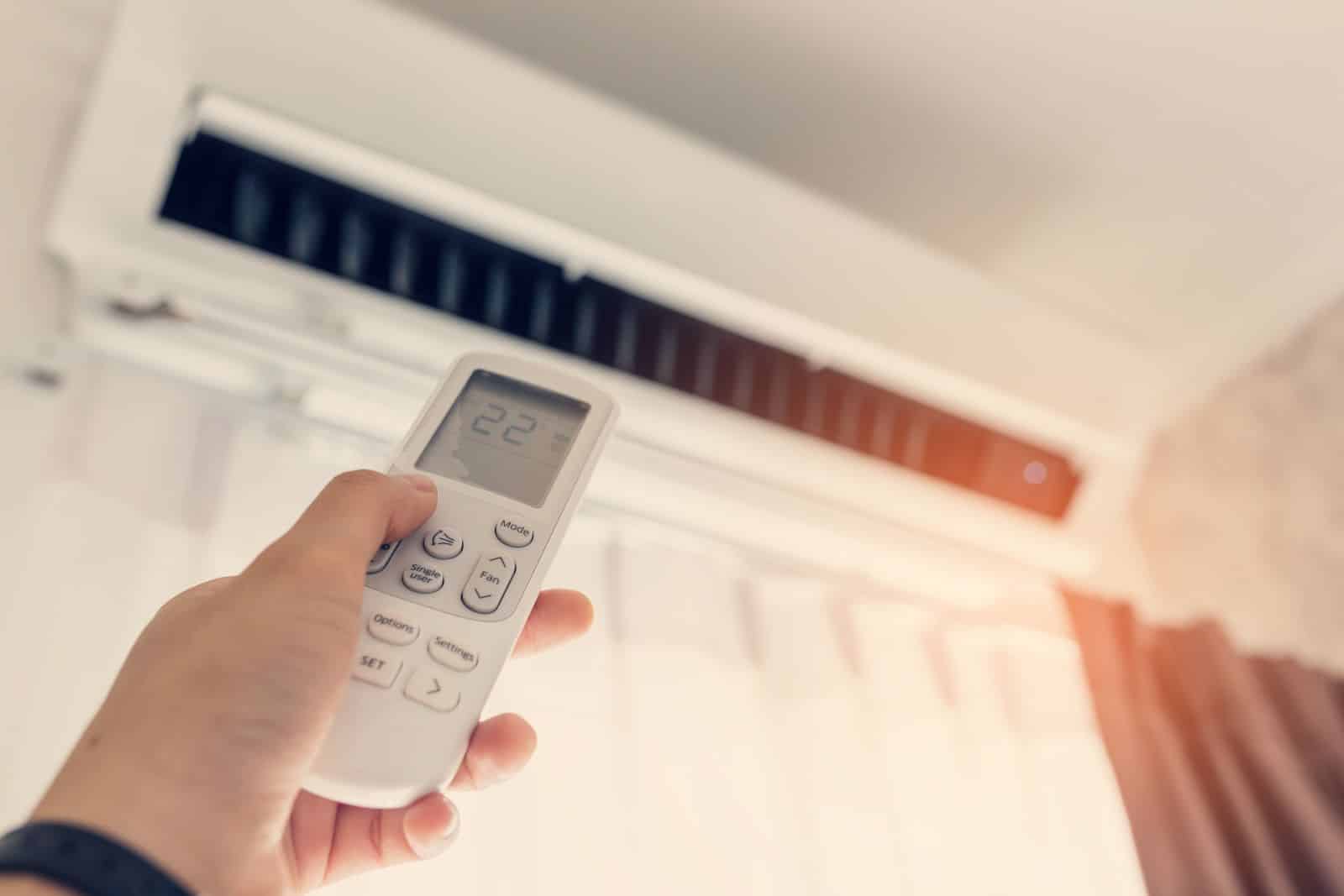
Image Credit: Shutterstock / Butsaya
Turning off the AC can make your system work harder to cool down again, using more energy. Programmable thermostats optimize energy use better.
11. Plant-Based Diets Are Cheaper
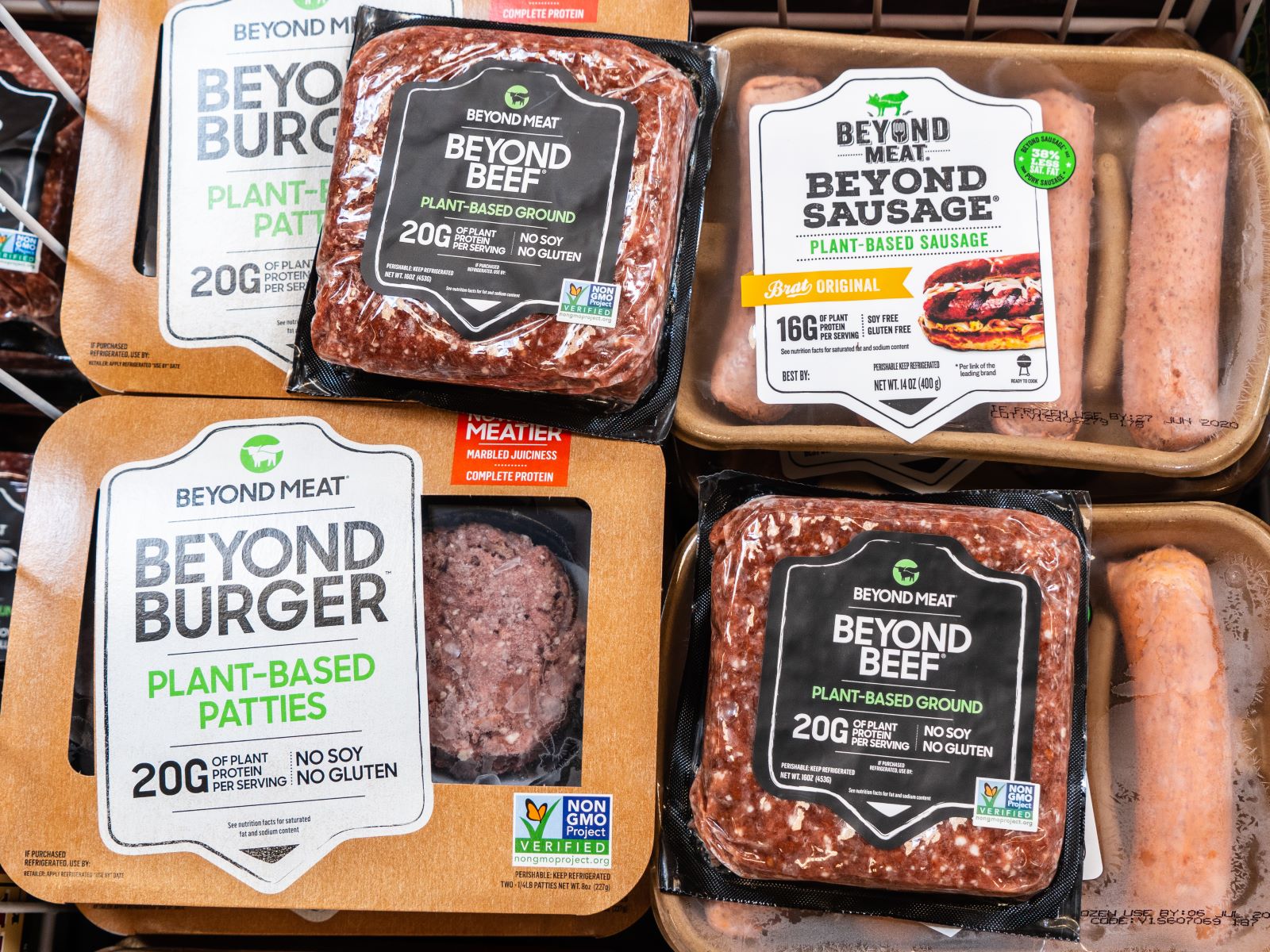
Image Credit: Shutterstock / Sundry Photography
While reducing meat consumption can lower grocery bills, highly processed or organic vegan products can be more expensive than their meat-containing equivalents.
12. All Natural Products Are Better for the Environment

Image Credit: Shutterstock / PeopleImages.com – Yuri A
The term “natural” is not regulated and often doesn’t consider the environmental impact of sourcing natural ingredients, which can be substantial.
13. Reusable Bags Always Reduce Waste
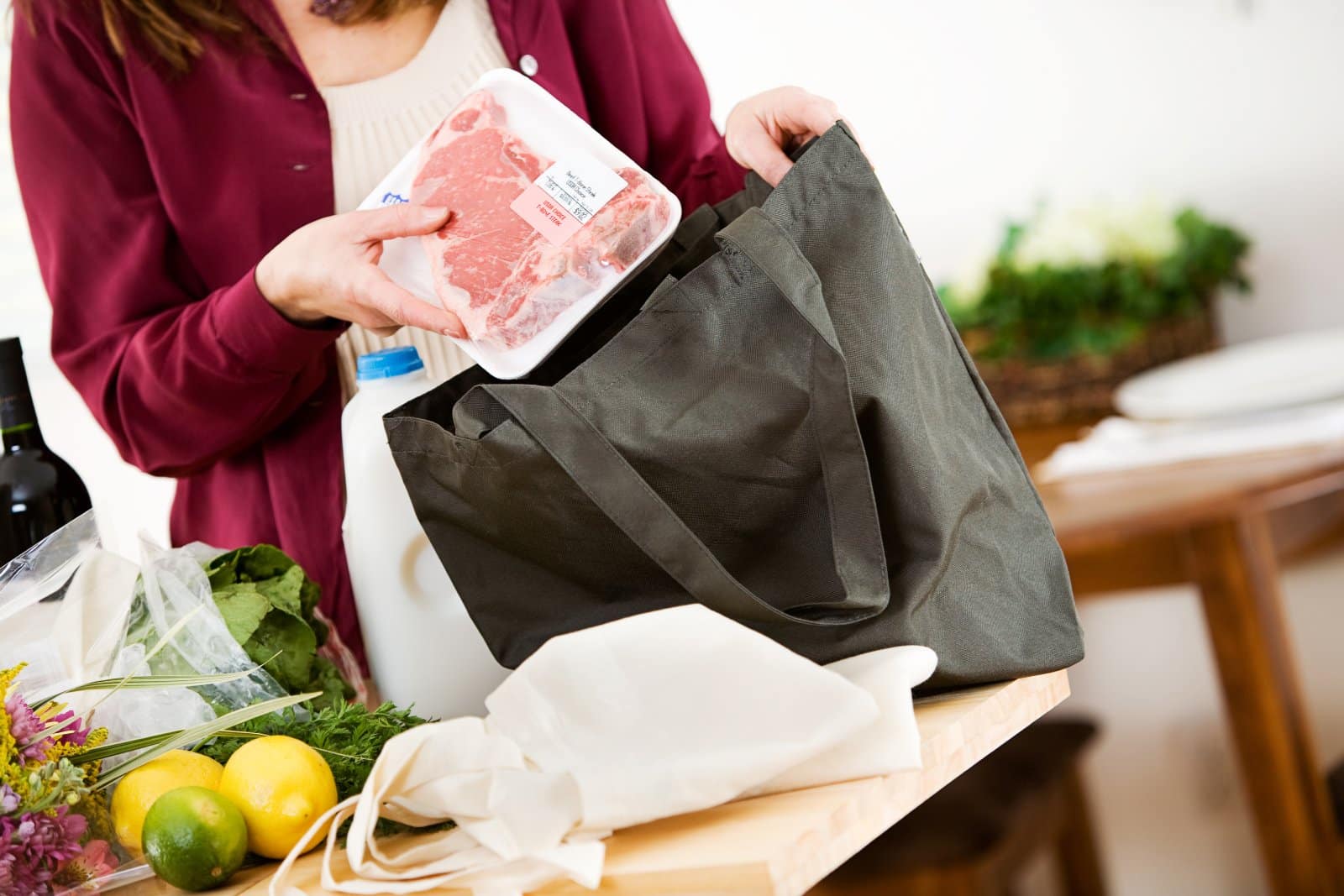
Image Credit: Shutterstock / Sean Locke Photography
If you acquire more reusable bags than you use or frequently purchase new ones, the environmental and financial cost can outweigh single-use bags.
14. Showering Less Saves Water

Image Credit: Shutterstock / TORWAISTUDIO
Skipping showers can reduce your water bill, but it may lead to higher laundry costs and potential health issues that might cost you more in the long run.
15. Hand Washing Dishes Saves More Water Than a Dishwasher

Image Credit: Shutterstock / Ground Picture
Modern efficient dishwashers often use less water than washing dishes by hand, especially if you tend to leave the tap running.
16. Eco-Friendly Fashion Is Cheaper in the Long Run
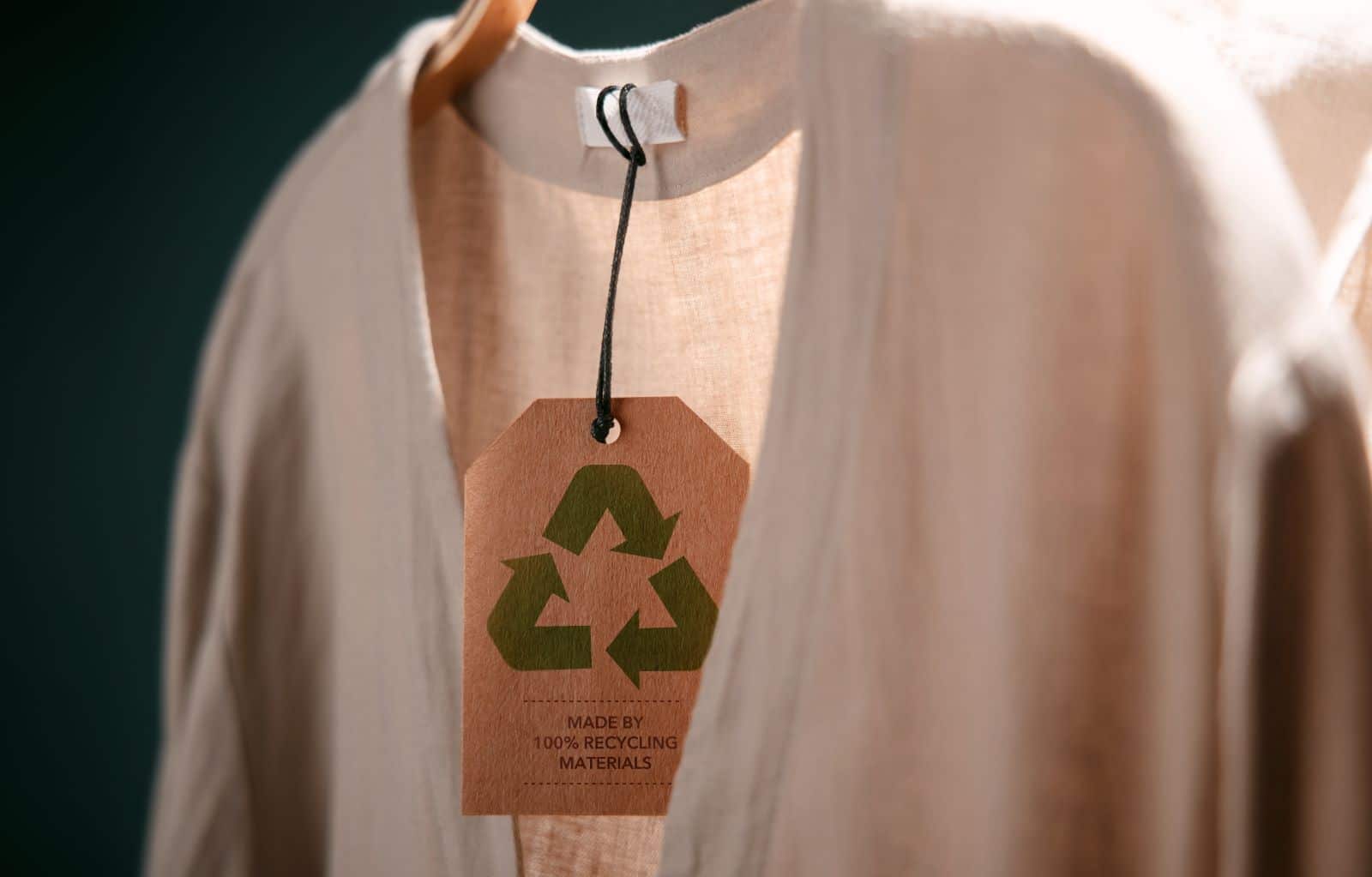
Image Credit: Shutterstock / Black Salmon
Eco-fashion often comes with a high price tag, and the durability doesn’t always justify the cost compared to less expensive but well-made conventional clothing.
17. Carpooling Always Saves Money

Image Credit: Shutterstock / Andrey_Popov
Carpooling can save money on commuting costs, but coordinating schedules and routes can add stress and inefficiencies that might make public transportation or telecommuting more economical.
18. Smart Homes Save Money Automatically
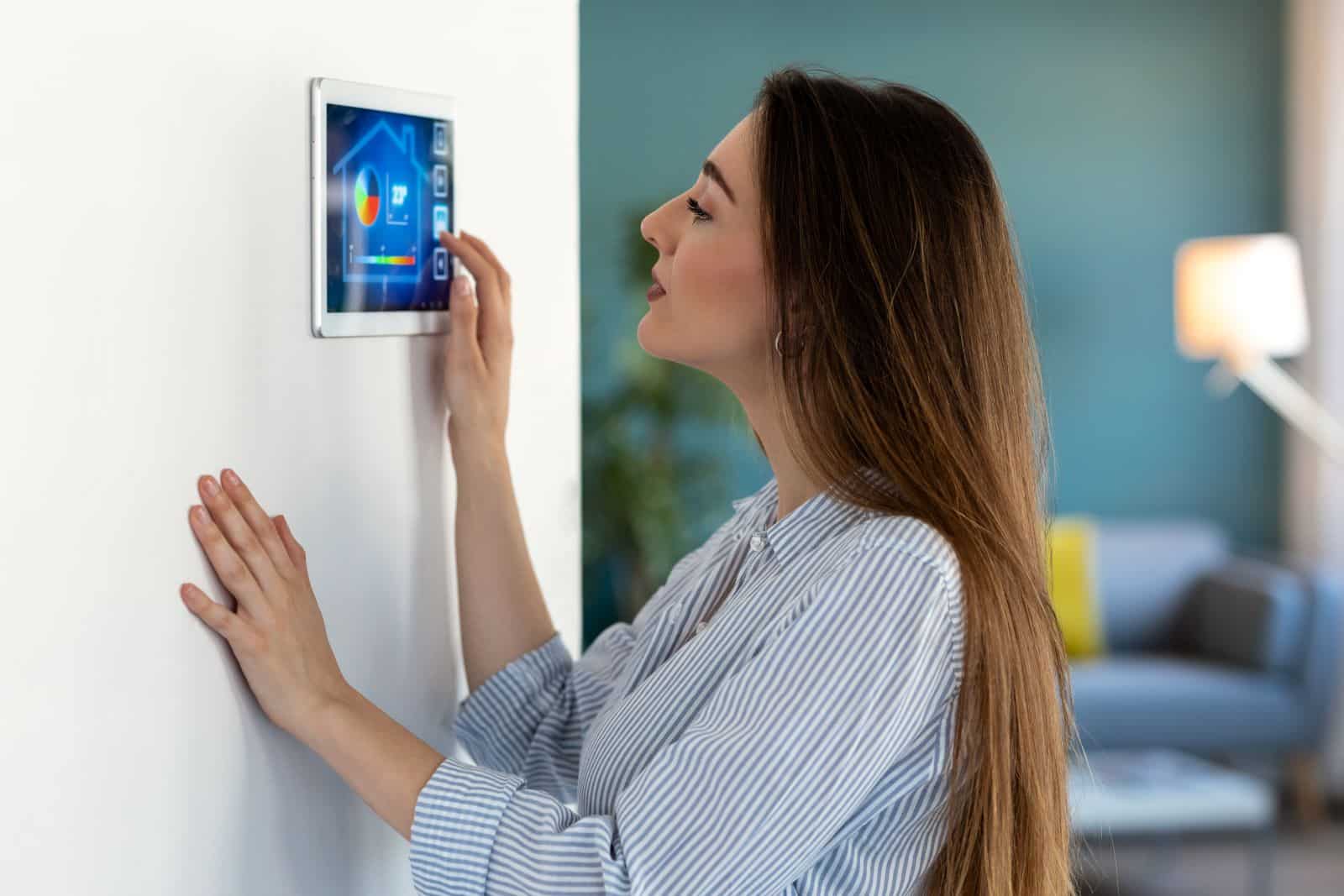
Image Credit: Shutterstock / Josep Suria
Smart home devices can lead to savings, but the initial setup is costly, and savings depend on active management rather than passive technology.
19. Ethanol Is a Cheaper, Greener Fuel
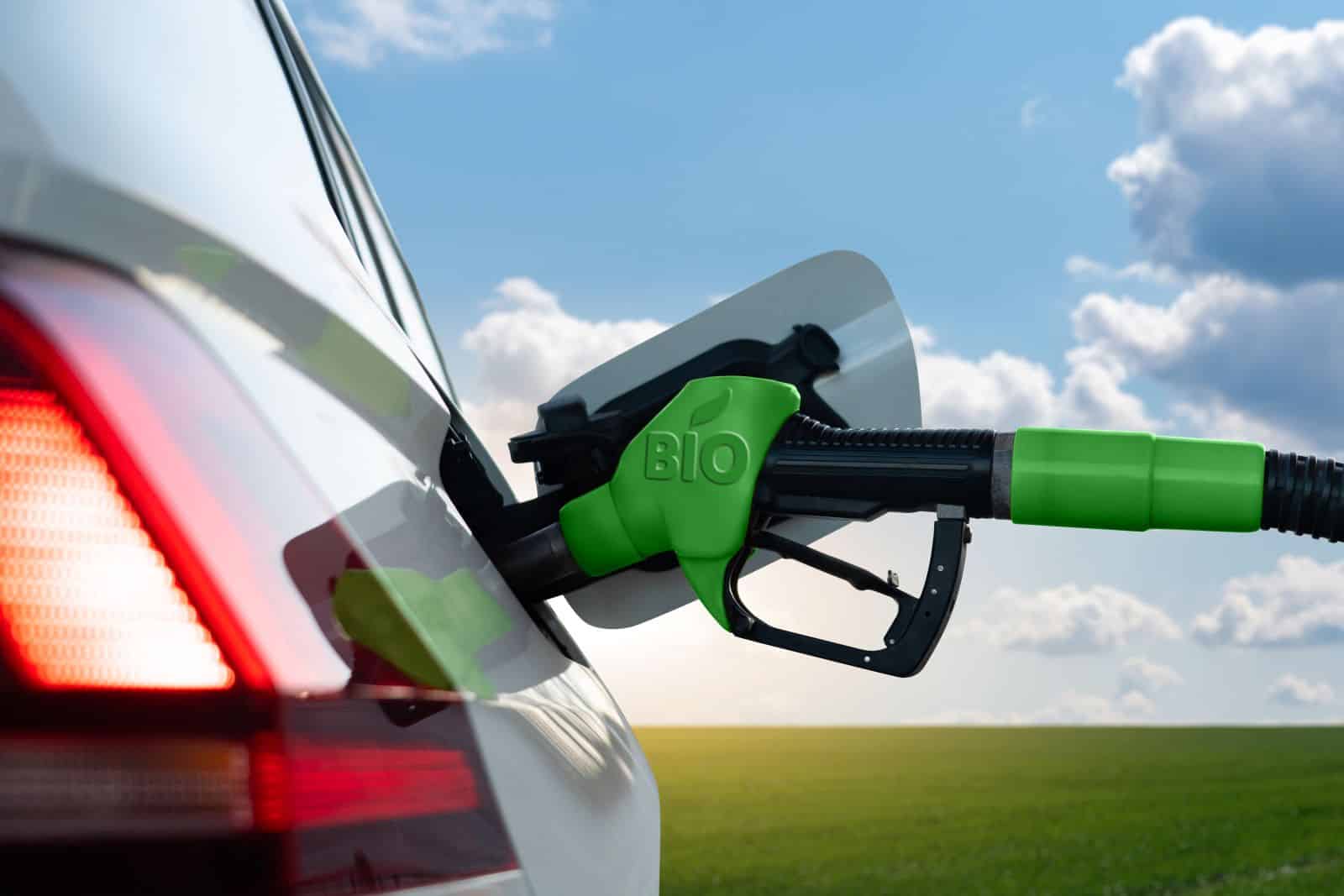
Image Credit: Shutterstock / Scharfsinn
Ethanol-blended fuels can be less efficient, potentially increasing overall fuel consumption and engine wear over time, leading to higher costs.
20. All LED Lighting Is a Smart Investment
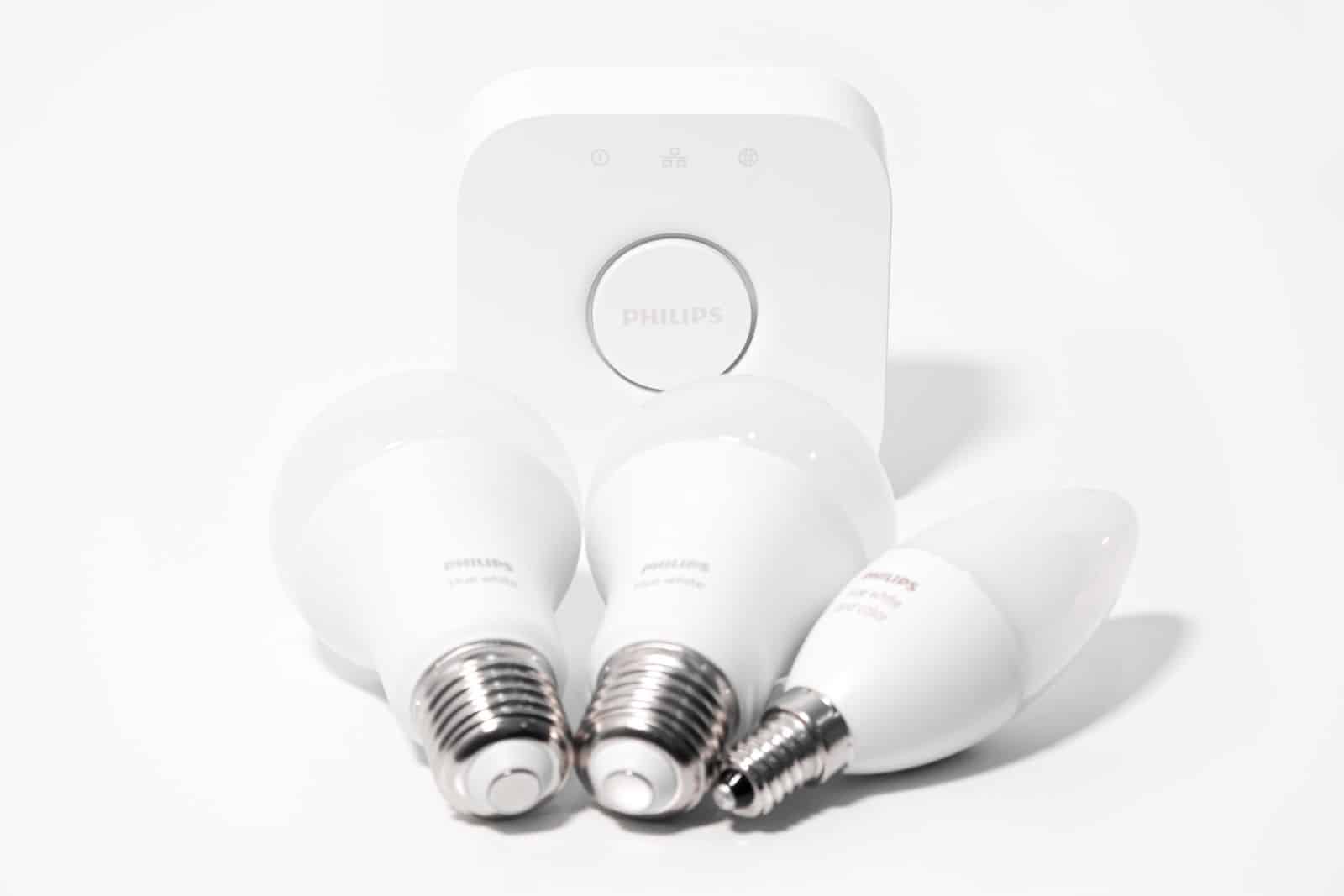
Image Credit: Shutterstock / Barry Paterson
While LEDs save energy, the cost savings can be minimal if you replace perfectly working bulbs prematurely just for the sake of switching to LEDs.
Critical Thinking Saves Money

Image Credit: Shutterstock / megaflopp
Being eco-conscious is commendable, but it’s crucial to critically assess the real costs and benefits. Not all green initiatives are created equal, and some can indeed be more costly both for you and the environment.
Oil Dumping Scandal Rocks Ships Heading to New Orleans

Image Credit: Shutterstock / Aerial-motion
Two shipping companies have been fined after knowingly hiding a large oil spill in the Atlantic Ocean. Oil Dumping Scandal Rocks Ships Heading to New Orleans
20 Eye-Opening Realities Facing Retiring Baby Boomers
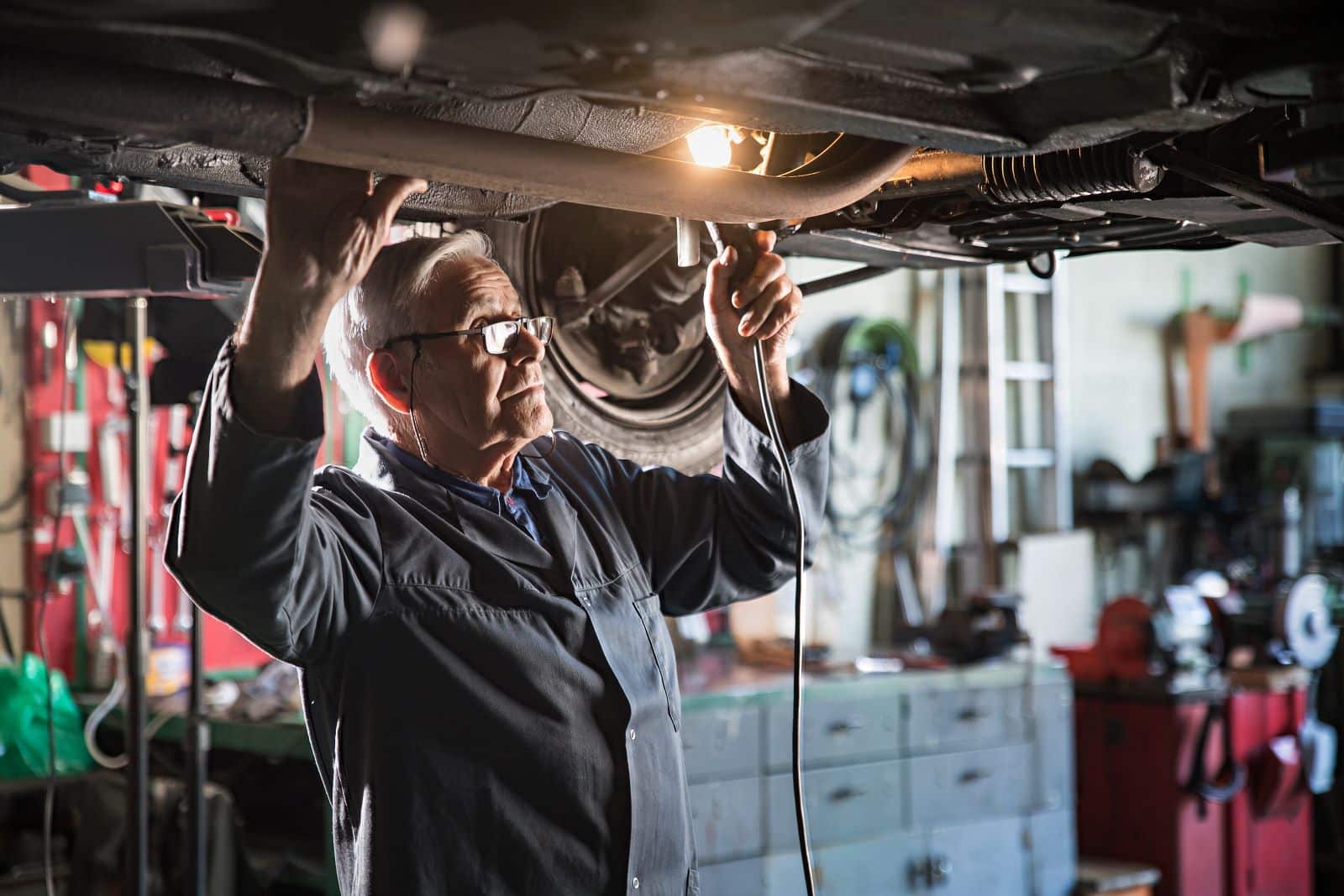
Image Credit: Shutterstock / Jack Frog
As Baby Boomers approach retirement, the promise of leisure and security often seems unattainable. This generation faces unique challenges that could redefine retirement. Here’s a stark look at the realities shaping their outlook. 20 Eye-Opening Realities Facing Retiring Baby Boomers
Retail Apocalypse: Massive Closures Sweep Across U.S. Brands

Image Credit: Shutterstock / Tada Images
Stores across the U.S. are closing at unprecedented levels, according to new research from advisory firm Coresight Research. Read on for more information about the impact this could have on you and your communities. Retail Apocalypse: Massive Closures Sweep Across U.S. Brands
The post The Costly Side of Going Green: Eco Myths That Drain Your Wallet first appeared on EcoHugo.
Featured Image Credit: Shutterstock / Alliance Images.
For transparency, this content was partly developed with AI assistance and carefully curated by an experienced editor to be informative and ensure accuracy.


